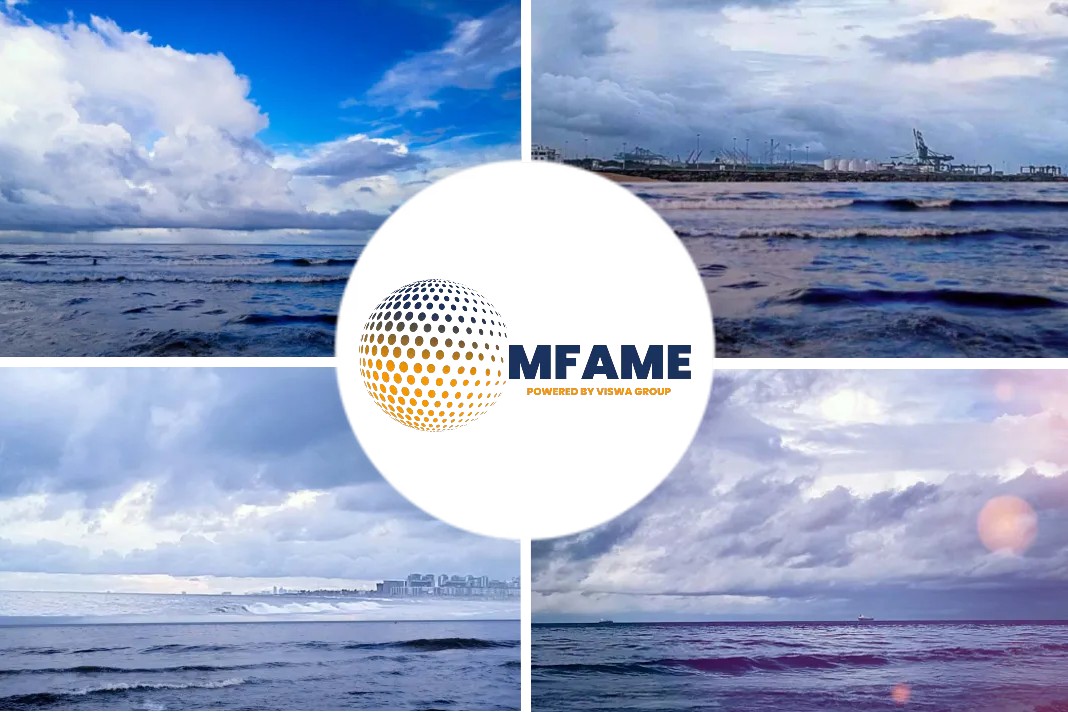
- But many more of the oil tankers—79—were Greek-owned.
- That seriously undermines the sanctions—and creates risks on the high seas.
- They had been loaded with Russian oil by smaller tankers travelling from the Black Sea ports of Novorossiysk, Tuapse, and Taman, Lloyd’s found.
- The Greek shipping companies making a quick buck on Russian crude have only a couple of weeks until the EU and U.S. ban on crude comes into effect.
Moscow has been able to avoid sanctions and export its oil thanks to ships from Greece and phantom fleets of unregistered ships, but things are going to grow more challenging, as reported by Foreign Policy.
Sanctions
In addition to the prohibition on Russian ships entering the U.S., British, and EU ports, the United States stopped the import of Russian crude oil months ago. The sanctions imposed by the European Union on Russian oil start on December 5. However, Greek and other European maritime firms are currently assisting Russian exporters to legally deliver their oil to the intended location.
In addition, a growing fleet of untraceable, uninvestigated ghost ships is delivering sanctioned Russian items throughout the globe, just as they were already doing with prohibited Iranian, Venezuelan, and North Korean goods. As the EU’s oil sanctions begin to take effect, the phantom fleet is certain to expand. This poses risks on the high seas and badly undercuts the sanctions.
Anomalous pattern
The worldwide maritime watchdog Lloyd’s List Intelligence started spotting an anomalous pattern at the Russian ports of Ust-Luga, Primorsk, Novorossiysk, and St. Petersburg in May. 58 of the 204 huge tankers that left the ports between January 1 and January 26 belonged to the Russian maritime behemoth Sovcomflot. The owners of 79 of the oil vessels, however, were Greeks. In a later study, Lloyd’s observed that “a significant surge in journeys to India, Turkey, and China show where the cargo, ordinarily intended for North America and Western Europe, is now going.”
The research team noted seven additional sizable oil tankers departing the waters of the Maltese cities of Marsaxlokk and Marsaskala as well as the Greek port of Kalamata during the same month as they were making their way to India, China, and the United Arab Emirates. According to Lloyd’s, smaller tankers from the Black Sea ports of Novorossiysk, Tuapse, and Taman had loaded them with Russian oil. In other words, Greek ships and ports assist Russia in exporting its oil.
Nothing illegal?
But, as Richard Meade of Lloyd’s List Intelligence pointed out, “there’s nothing illegal about what the Greek ports and shipping companies are doing.
But when the rules change, they won’t be able to do what they’re doing today.”
That change will occur on Dec. 5, when the EU’s ban on Russian crude comes into effect, and Feb. 5, when its ban on refined Russian petroleum products does so.
Although the EU banned Russian vessels at the end of May, Russian oil can still be delivered to the EU on tankers owned or flagged in other countries.
This appears to be where Greece’s large shipping industry has spotted an opportunity.
Illegitimate shipping
However, those restrictions are probably going to hasten the growth of another marine trend that, is already well-established: illegitimate shipping by vessels. The world’s official fleet of ships has recently welcomed a brand-new fleet of ghost ships. In contrast to officially existing vessels, which are registered in a flag state (typically Panama, Liberia, or the Marshall Islands), have an IMO tracking number, and are protected by commercial insurance, ghost vessels are not registered with a flag state or the IMO and are not covered by either of those organisations’ commercial insurance programmes.
This distinguishes them from the Greek tankers, who are transporting Russian oil in the same highly visible manner as the majority of cargo. Such ships have commercial insurance, are registered with a flag state and the IMO, and have documented owners, managers, and crews. In contrast, the shadow vessels are not recognised by the government.
Did you subscribe to our newsletter?
It’s free! Click here to subscribe!
Source: Foreign Policy





















